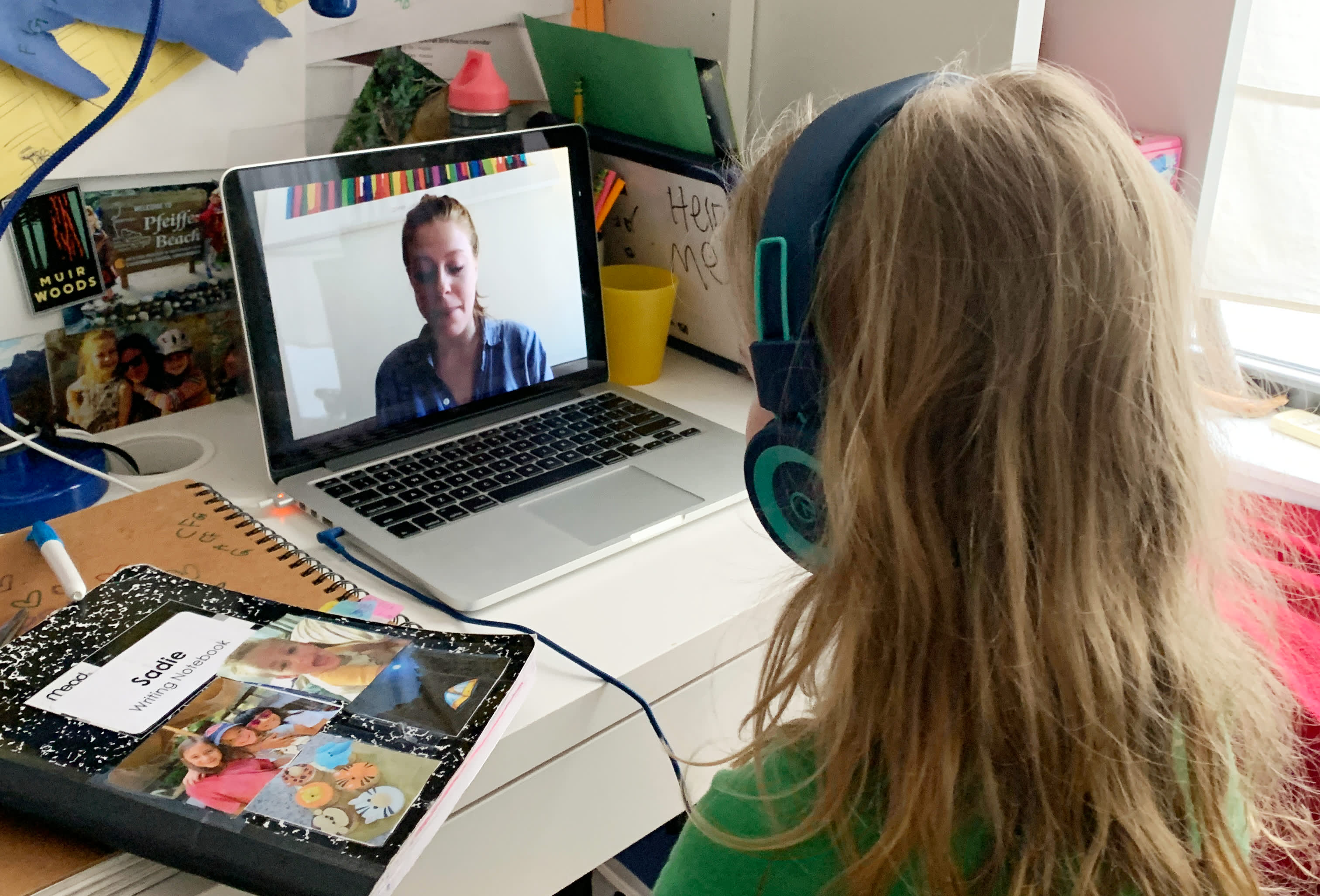Yale president emeritus says there’s a ‘tremendous’ gap between students due to Covid-19

A New York City student listens to daily lesson plan videos from her teacher as schools move to online learning amidst the coronavirus pandemic.
Adam Jeffery | CNBC
The pandemic has had a “massive impact” on students — and there’s a widening gap between those who can tap on online learning and those who can’t, says Yale University’s president emeritus.
“It’s a massive impact … about 1.6 billion students were displaced from their schools, all the way from kindergarten to university. And so the impact’s been huge,” Richard Levin told CNBC as one of the attendees of the Singapore Summit, which is being held virtually this year.
“There’s been quite a bit of resiliency — students are learning — although there’s a tremendous gap opening up between students who are most capable of taking advantage of online resources and those who can’t,” he added. He flagged crowded home environments which are “inhospitable” to learning digitally, as one problem.
Many schools have turned to digital learning to replace classroom education as the virus spread widely across the world. As many as 192 countries shuttered schools, leaving 1.6 billion students without in-person learning, the United Nations said this week.
The UN projected that at least 24 million students may still drop out of school, as millions do not have internet access or devices to participate in virtual learning. The reopening of schools has become a hot-button issue, particularly in the U.S., where President Donald Trump has pushed to reopen schools regardless of how widely the virus is spreading in the community.
But Levin highlighted that online platforms such as Coursera, which offers some free online courses, is fully accessible on mobile phones. He was formerly the chief executive officer of Coursera and remains a senior advisor.
“The penetration of mobile phones in developing countries is getting to be pretty extensive. There’s a significant remaining problem, particularly in Africa, about access, but things are improving considerably,” he said.
“One thing we’ve learnt in this period, where universities were forced to go online, is that all of the lessons that platforms like Coursera have learnt over the last eight years or so have come in to be incredibly useful for existing efforts by universities … We’re seeing a tremendous increase in utilization of online platforms over the past six months,” said Levin.
— CNBC’s Will Feuer contributed to this report.



